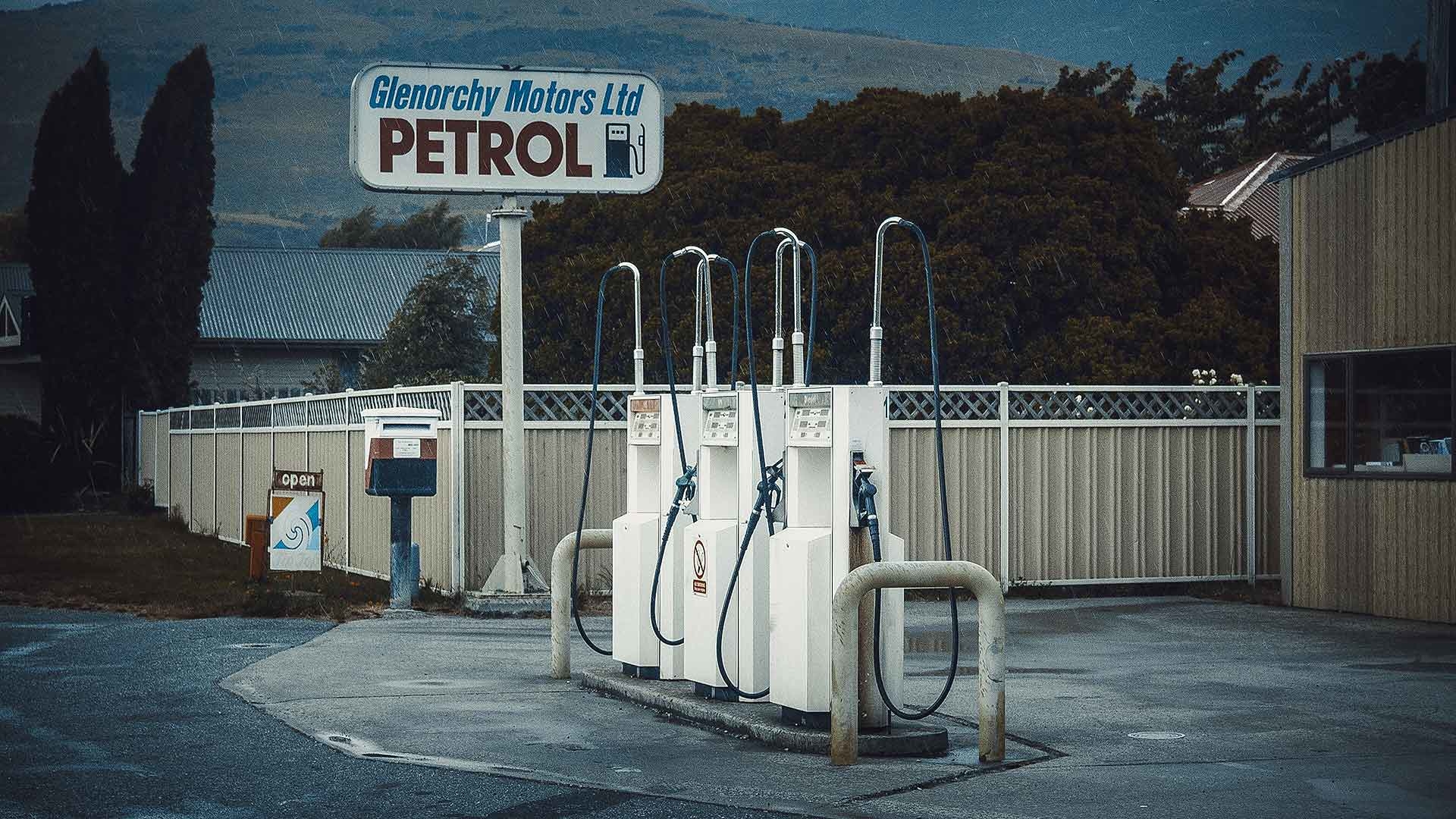
New research suggests the coronavirus crisis means petrol and diesel car sales may have already peaked.
Sales of regular cars have collapsed during the Covid-19 pandemic, with registrations down nearly 40 percent in the first half of 2020.
Electric car sales were down too – but they fell at a slower rate. Indeed, in some markets, EVs actually recorded modest growth.
Annual car sales are not expected to return to the levels seen before coronavirus until 2024 – but this recovery will be driven by electric cars and plug-in hybrids, not by petrol and diesel motors.
Indeed, it is likely we have already seen the sales peak of regular non-electric cars.
Deloitte head of vehicles Jamie Hamilton said this has passed “relatively unnoticed.
“With total annual car sales unlikely to return to pre-pandemic levels until 2024, even if sales growth in the petrol and diesel market returns, it is likely to experience a decline in market share thereafter.”
Electric acceleration
Deloitte research indicates electric car sales are set to grow much faster than earlier predicted. By 2030, over 31 million battery electric and plug-in hybrid new cars will be sold globally.
That’s 10 million more cars than originally forecast.
Of this total, 81 percent of them will be pure electric cars – far outperforming their plug-in hybrid counterparts.
Deloitte’s Mr Hamilton says this acceleration is due to the cost of EVs falling, although barriers still remain in terms of driving range and a perceived lack of charging infrastructure.
The UK is, surprisingly, set to outperform the global market in terms of electric car sales, though.
Favourable government policies and awareness of climate change have already driven EV sales in Britain.
Now, the 2050 zero emissions target and 2035 ban on the sale of polluting vehicles is set to accelerate it further.
If the UK continues to invest in charging facilities to overcome customer concerns, electric cars could take a market share as high as 65 percent by 2030 – almost double the global average.
ALSO READ
On a road trip? Your dog will need a break too
Why you should get your car MOT in August